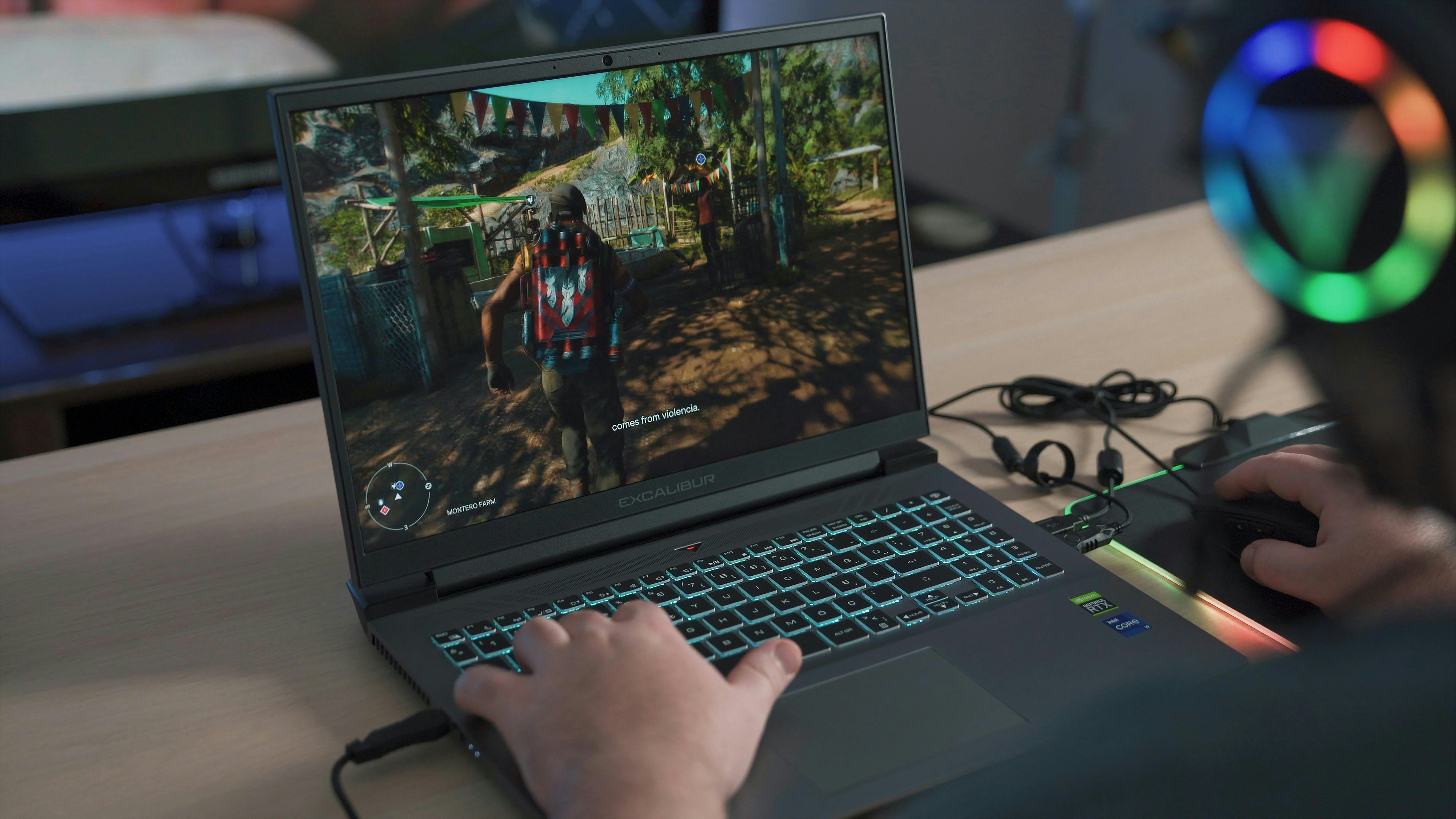Chinese automakers are stepping up their battle to accelerate mass adoption of autonomous driving technologies, with Xpeng Motors on Wednesday unveiling the delivery timeline of a highly-anticipated model as well as its intention to partner with Huawei for upcoming models.
Why it matters: The news comes soon after BYD made a major move with the launch of 21 redesigned popular car models featuring advanced driver-assistance systems (ADAS) as standard on Monday. Adding nothing to the price tag, this cuts the entry price for cars with such technology to under RMB 100,000 ($13,686), putting pressure on early movers such as Xpeng and Huawei.
- Independent China auto analyst Lei Xing called the move “a non-price-cut price cut disguised as a smart-feature update” on BYD vehicles, Bloomberg reported. Chinese Citic Securities said BYD’s progress in autonomous driving was beyond expectations, anticipating stable profits from the EV giant thanks to strong cost control.
READ MORE: BYD says its $10,000 EV can drive automatically without intervention
Details: Xpeng chief executive He Xiaopeng said on Chinese microblogging platform Weibo that the company will in May begin delivering the MONA M03 Max, the top-end version of its popular entry-level sedan. He added it will provide customers with “industry-leading, top-class” intelligent driving capabilities in the price segment of up to RMB 150,000 (our translation).
- The MONA M03 went on sale last August with a price range of between RMB 119,800 and RMB 155,800, making it the company’s cheapest model boasting an assisted driving system similar to Tesla’s Full Self-Driving (FSD) software.
- The entry-level car, which integrates more than 20 cameras and sensors, could perform safety-based driver assistance functions, such as lane keeping assist, while the top-end version of the MONA will be capable of functioning by itself on all Chinese roads using more complex algorithms.
- Nasdaq and Hong Kong-listed Xpeng said on Jan. 20 that it had delivered more than 60,000 lower-end MONA EVs in just a few months, which also allowed the company to buck the downward trend and become China’s top-selling EV startup in January.
- Meanwhile, Huawei is becoming a partner to Xpeng and some new Xpeng models will hit the market later this year with the joint efforts of the two companies, according to a post published on Wednesday by a Xpeng executive with a verified Weibo account (in Chinese).
- Xpeng’s He met earlier in the day with Huawei founder Ren Zhengfei, along with Chinese startup leaders including the founder of Chinese robotics company Unitree, local media CLS reported. He said on Weibo he was “honored” to learn from Ren in terms of corporate culture and business management.
Context: Several Chinese auto giants have been taking countermeasures in the face of BYD’s self-driving car push.
- On Feb. 9, a day before BYD’s media push, Changan said it will integrate lidar components into its future budget models with a price tag of roughly RMB 100,000 this year and launch its Level 3 semi-autonomous driving system in 2026. Geely also announced it will unveil its corporate strategy for artificial intelligence in early March.
- The performance of some companies’ entry-level ADAS features was greatly exaggerated, according to Richard Yu, chairman of the board of directors of Huawei’s Intelligent Automotive Solution (IAS) business unit, in a Wednesday Caixin report (in Chinese). On the same day, Luxeed, an EV brand operated by Huawei and China’s Chery, announced a three-year interest-free loan offer for its S7 sedan.
Related










